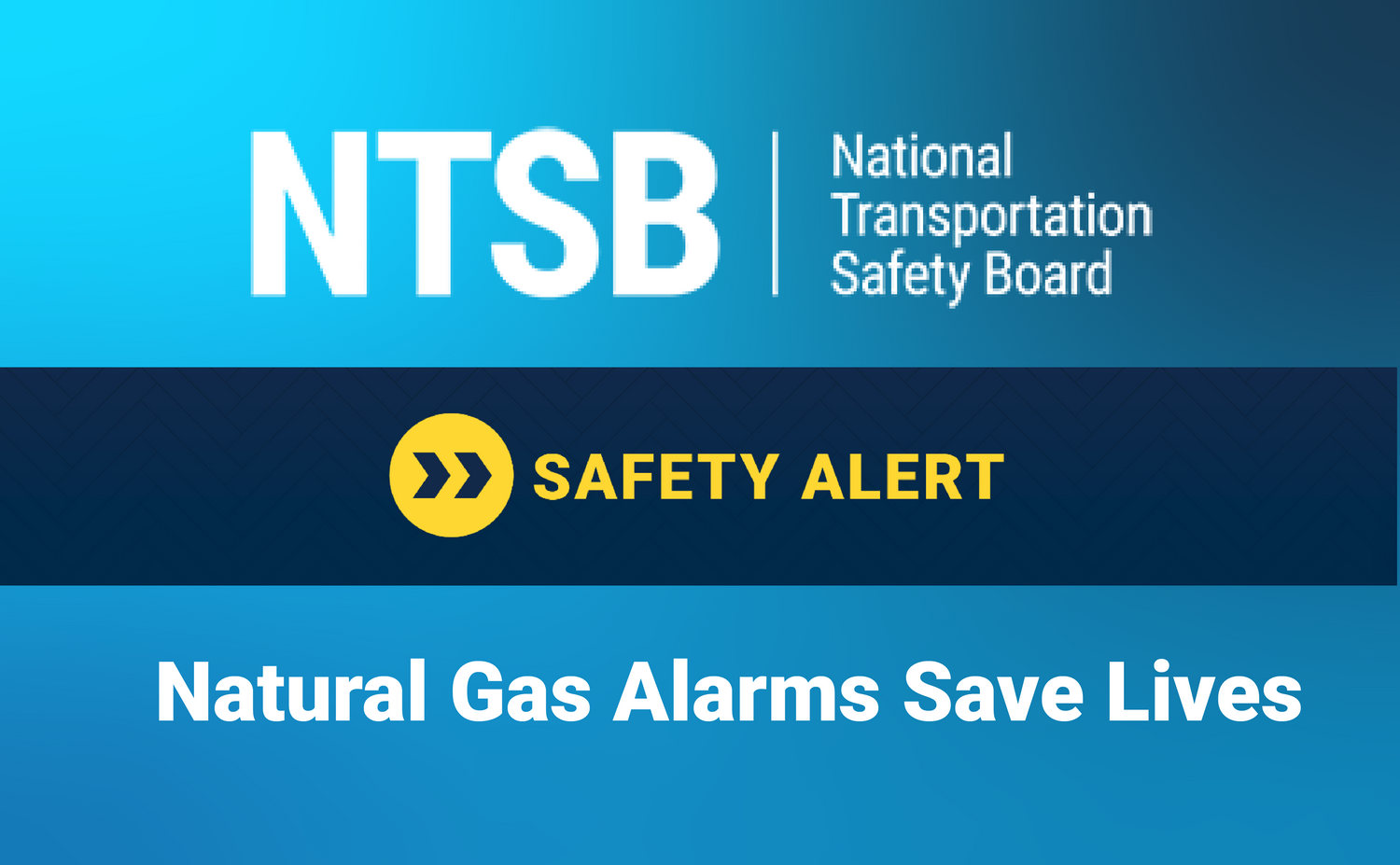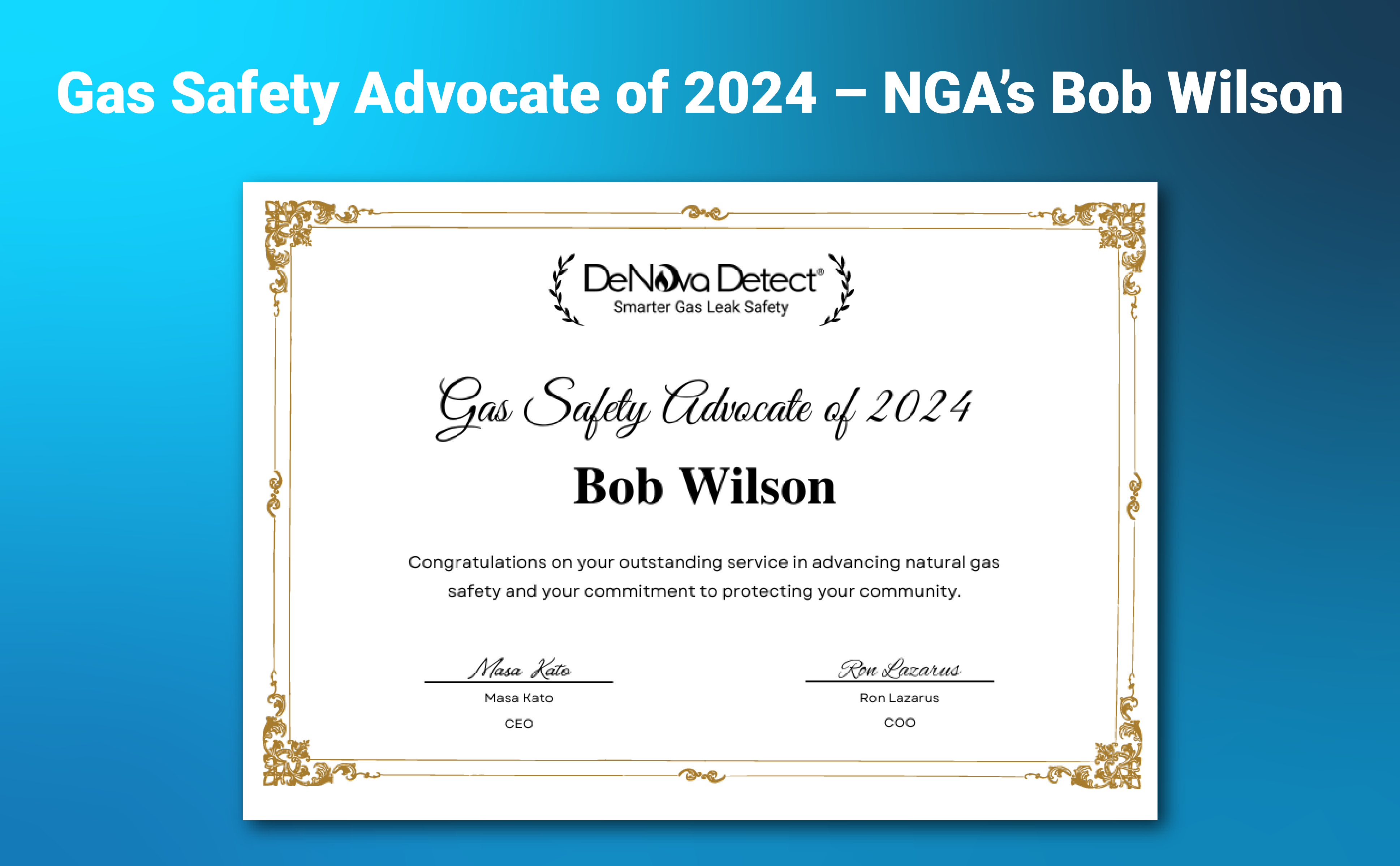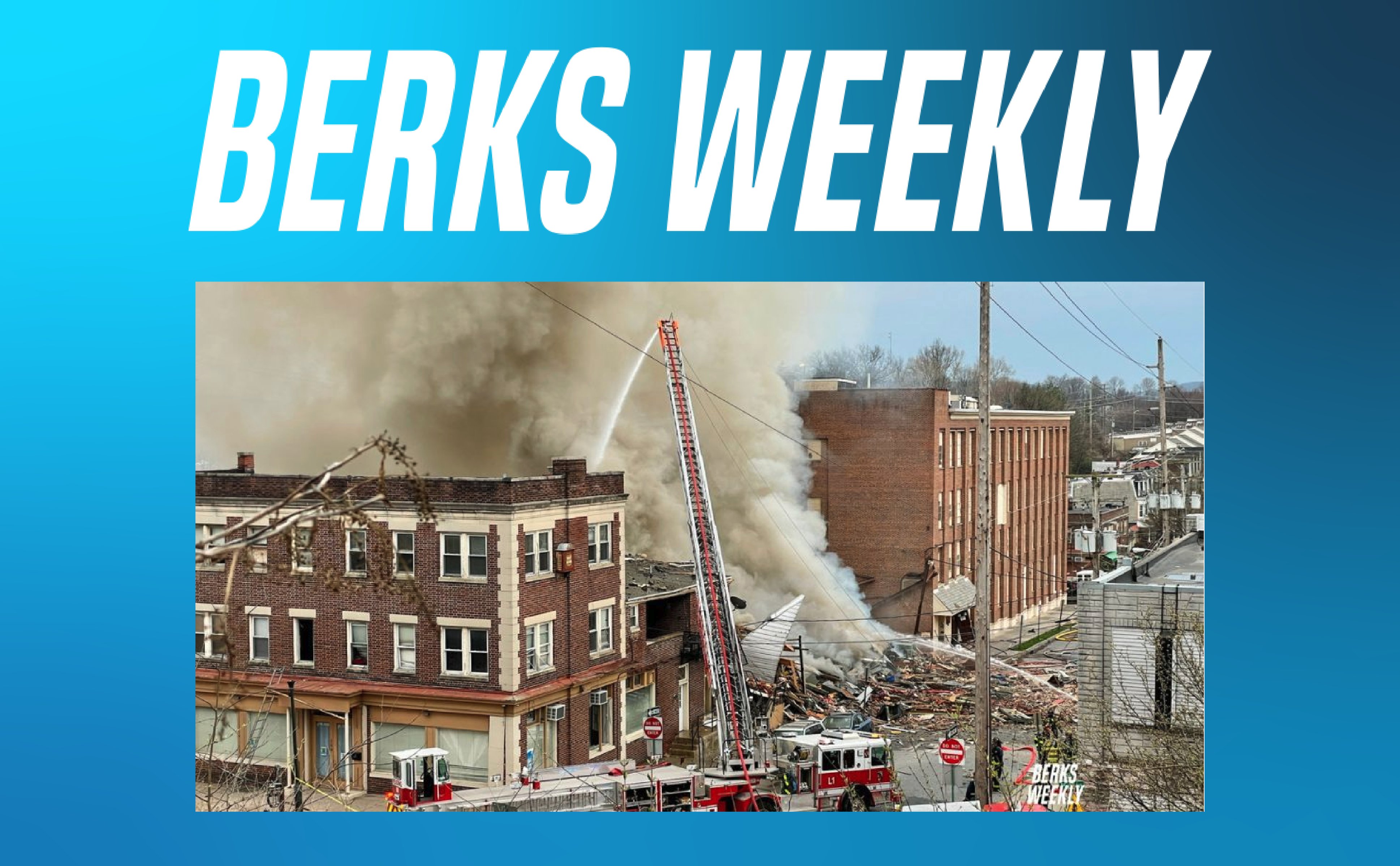Early Warning of Natural Gas Leaks Can Prevent Deaths and Injuries
The Problem
- It is vital that occupants evacuate a building when a natural gas leak occurs or is suspected.
- Although natural gas is generally a safe source of energy, when a pipeline or natural gas appliance leaks, the gas can migrate into a building and reach dangerous concentrations that can ignite and explode.
- Without additives, natural gas is odorless and cannot be easily detected if it leaks and accumulates. Therefore, pipeline safety regulations require that gas companies add odorant to allow people to detect gas leaks. The odorant smells like sulfur or rotten eggs.
- The addition of odorant does not always alert people to the presence of natural gas because:
- Some people cannot smell it, are sleeping, do not know that the odorant is associated with natural gas, or are not in the part of the building where the natural gas is accumulating.
- The odorant can be stripped out of the gas, leaving it odorless again, if the natural gas migrates through soil before entering a building.
- Natural gas customers may not be aware of the existence of natural gas alarms, which are safety devices that monitor the air for natural gas and sound an alarm, similar to a smoke detector, if they detect dangerous levels of natural gas. These devices can alert people to the presence of natural gas in the building so that they can evacuate safely.
Related investigations
The National Transportation Safety Board (NTSB) has investigated natural gas leaks that have resulted in fatalities, serious injuries, and major property damage in both commercial businesses and residential buildings. A natural gas alarm could have reduced the consequences of each accident through early detection and alarms that could have prompted timely evacuation.
What can businesses or homeowners do?
- Install natural gas alarms in your building or home that meet National Fire Protection; Association 715 standards. Natural gas alarms are available online and at home improvement stores and can provide early warning about natural gas leaks so that you can evacuate and notify your gas company. Consult the guidance found in the alarm’s packaging on placement, installation, and maintenance. A large building may need multiple alarms.
- Educate yourself and others on natural gas hazards. Read the safety information provided in your gas billing inserts or safety information at your gas company’s website. Know what to do when a natural gas alarm is triggered or when you smell gas: evacuate everyone from the building immediately to a safe distance and then contact the natural gas company
- Encourage others to install natural gas alarms. Share the benefits of installing natural gas alarms with others.
- Advocate for natural gas alarms to be required. Unlike smoke or fire alarms, natural gas alarms are not required for commercial or residential buildings even if they have natural gas service. Reach out to your local or state building or fire code officials and recommend that natural gas alarms be required to ensure occupants are alerted in the event of a natural gas leak.





Leave a comment
This site is protected by hCaptcha and the hCaptcha Privacy Policy and Terms of Service apply.